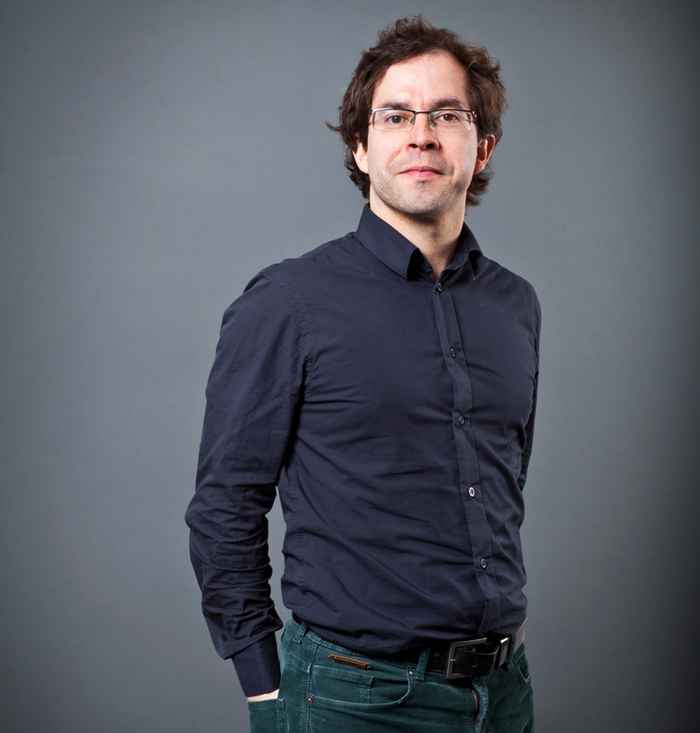Fossil-free living comes at a price – the disruptive effects of lithium mining
4 March 2020

Bonelli's study is focused on three countries: Chile, China and Norway. He will be starting at the beginning of the supply chain in Chile. The country ranks, together with Australia, as the world's largest supplier of lithium, and is part of the so-called lithium triangle with Bolivia and Argentina. Unlike Australia, where lithium is extracted from solid ore, Chile sources lithium from the Salar de Atacama salt flat. Other salt flats in northern Chile are also being explored to determine their potential for lithium extraction. The procedure is relatively simple: the subterranean brine deposits are pumped to the surface and transported to the evaporation pond. The water then evaporates, after which the salt can be removed. This process is then repeated several times, yielding lithium carbonate. The raw material is shipped to destinations like China, where it is used to manufacture lithium ion batteries. These batteries end up in countries such as Norway, which aims to be entirely fossil-free by 2045.
Connecting with our inner activist
The anthropologist is working to determine how lithium extraction, processing, utilisation and recycling affect the landscapes and societies in which these processes take place, and assessing how this knowledge could be applied towards the development of energy policies. Bonelli, a Chilean native himself, is a scientist above all else. Nevertheless, he believes it's time to reassess the seeming contradiction between scientists and activists. 'Unlike activists, scientists have plenty of time to think. Maybe we should make more of an effort to connect with our inner activist. I also think researchers should form alliances with activists in order to create a platform for different voices and perspectives.'
Blind faith in technology
However, he is also distressed by the widespread notion that technology will 'save the planet', which he views as a form of blind faith. 'Technology alone won't fix our problems. The global energy transition is currently causing significant change across the world', Bonelli explains. 'What may be good for one country, such as Norway's efforts to become greener, has a negative impact in other parts of the world. In fact, this also applies on a smaller level within individual countries. Actors with diverging interests are clashing with one other.'
Not a matter of good guys vs bad guys
For example, lithium extraction in Chile is causing serious tensions between lithium manufacturers and the indigenous population groups that depend on water for their survival. 'Microbiologists and conservationists are also increasingly worried about the resulting impact on salt flat ecosystems, and are joining forces with the indigenous population to protect these natural environments. However, these developments shouldn't be viewed as a simple black and white issue, or a matter of good guys vs bad guys. Lithium extraction is also an important source of income for parts of the indigenous population.
Work pressure, recycling and residual waste
‘Even major cities like Shenzhen are drastically reducing their CO2 emissions by using electric vehicles for transportation. However, the working conditions and enormous work pressure faced by staff in these new factories are cause for concern.' The processing of used, discarded batteries also presents a new set of challenges. 'How can we make sure they're recycled, and what do we do with the residual waste?'
Quick action is required
Bonelli's research should yield new knowledge on the effects of our ongoing energy transition. 'The way we deal with the earth and its natural resources hasn't changed. I think that's one of the main problems here. We're using up the earth without really considering the consequences. He smiles: 'See, that's the activist in me talking.' He continues: 'I think we need to gather as much information on the subject as possible, and learn more about the way in which transitions are happening and taking shape in different locations. Politicians can then apply that knowledge to develop new policies. We need to do this right now - there's not much time left.'